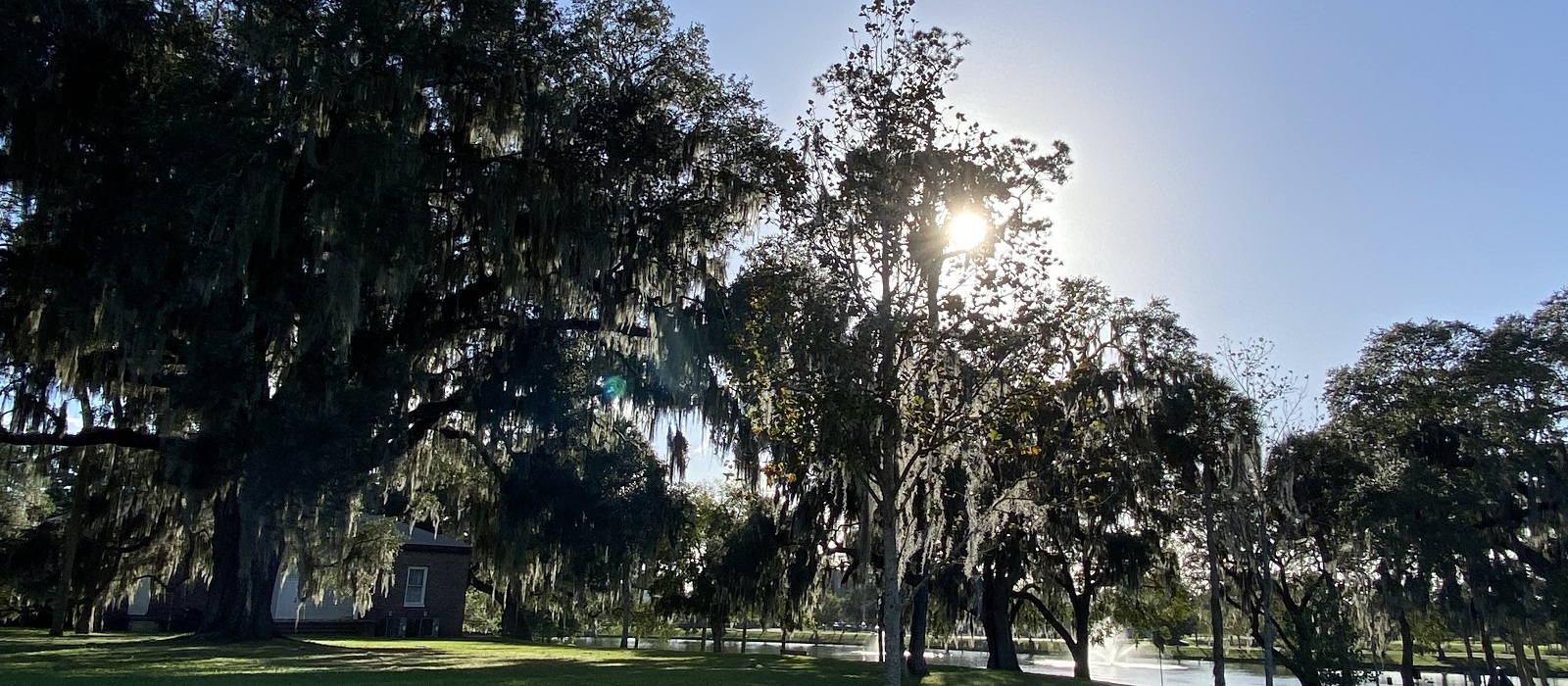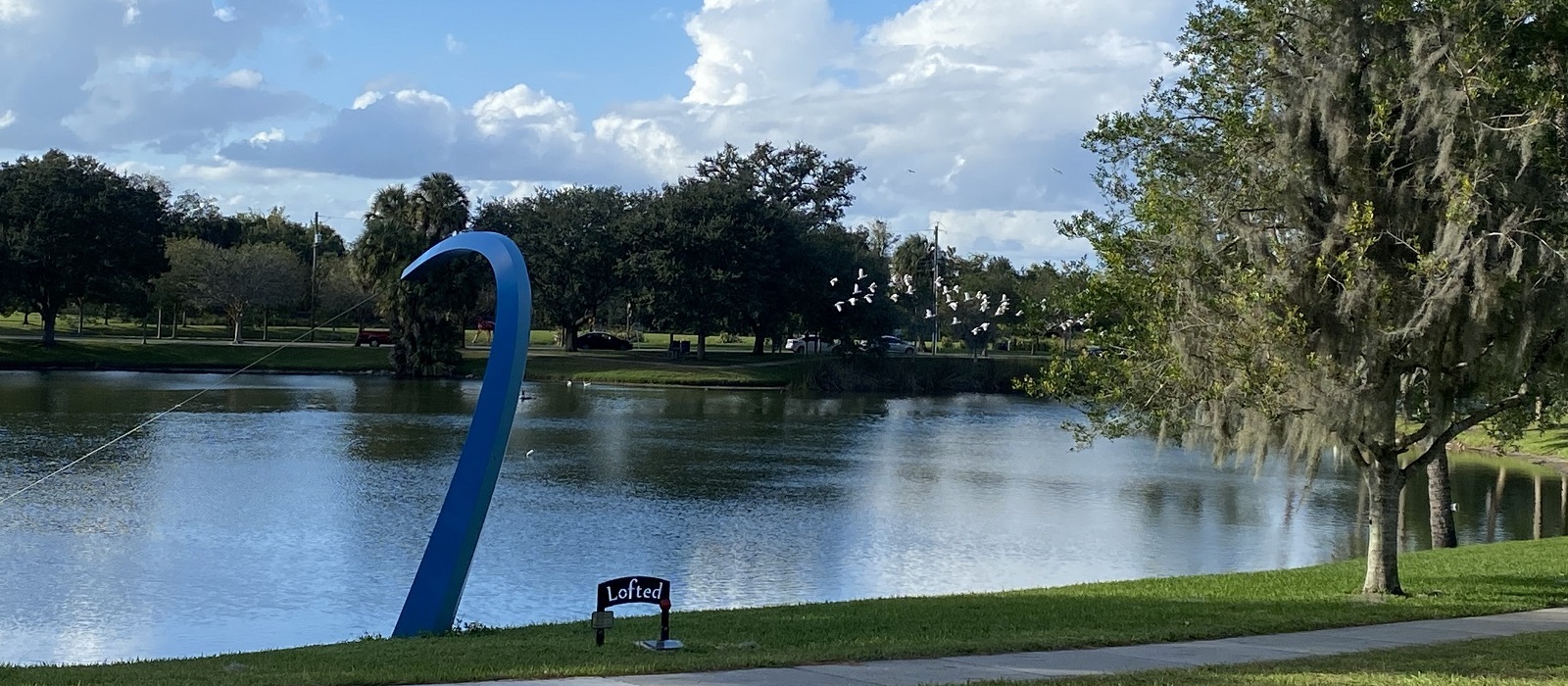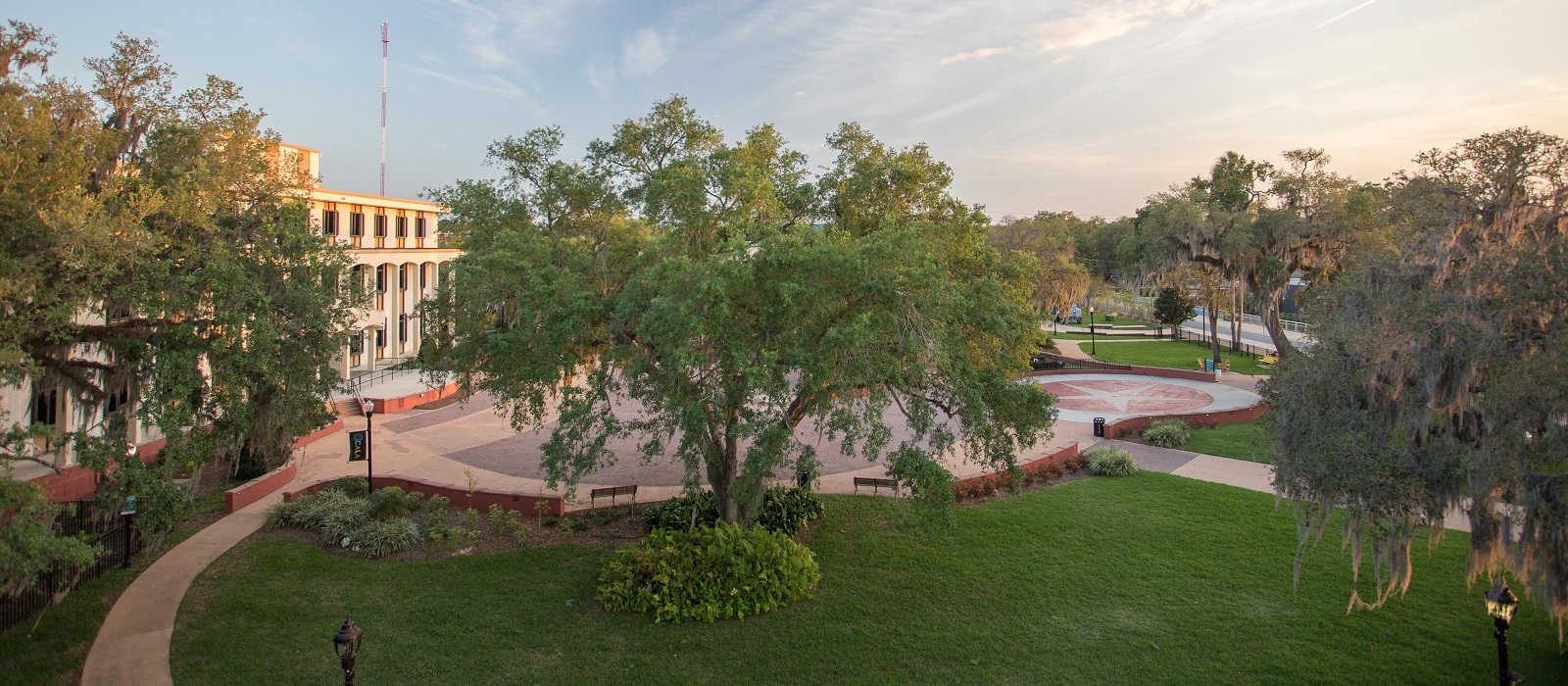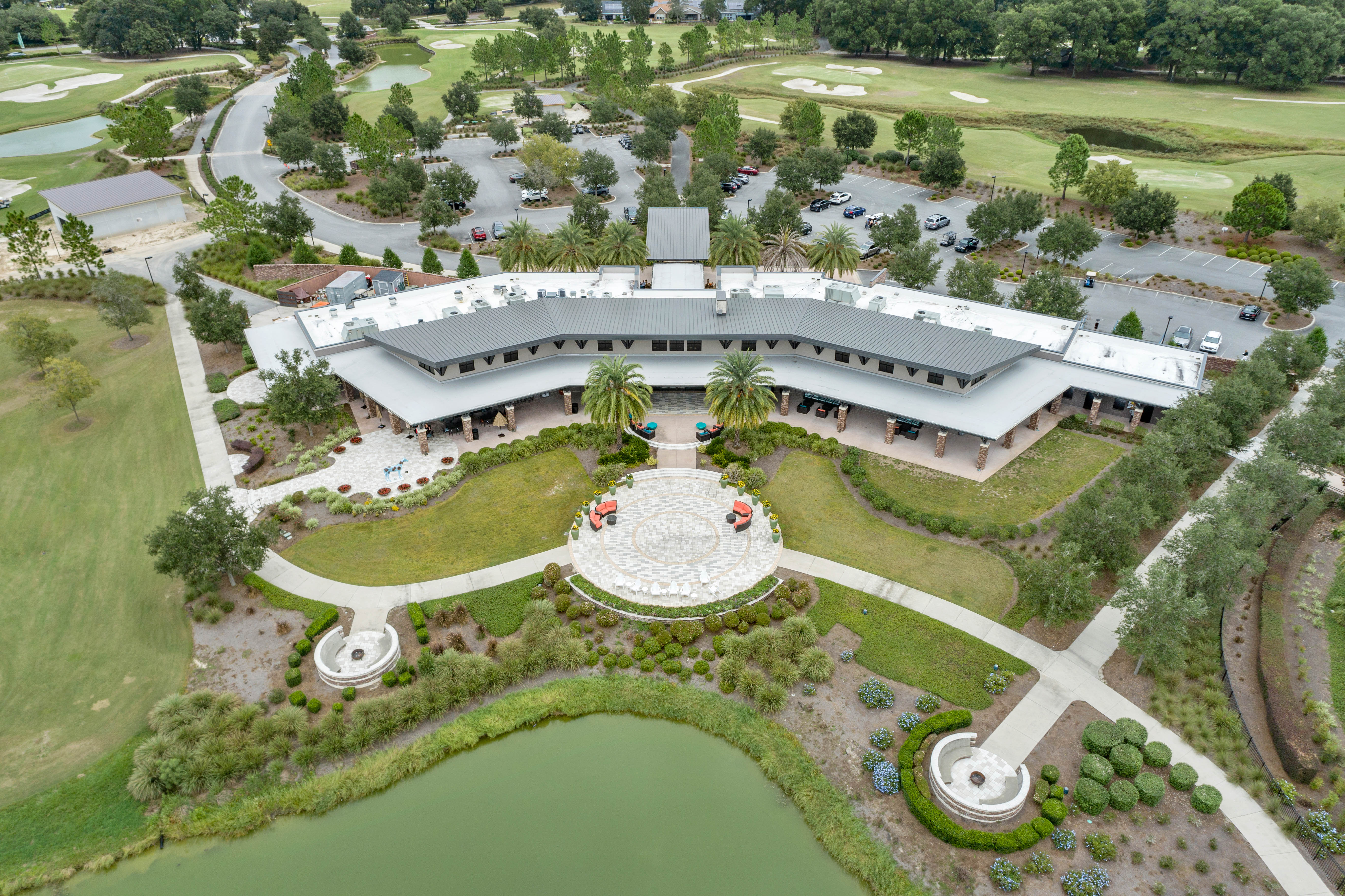My First Blog Post
Understanding HOAs and CDDs in Florida
In Florida, Homeowners Associations (HOAs) and Community Development Districts (CDDs) are two different entities that play distinct roles in the management and development of residential communities.
Here's an overview of the differences between HOAs and CDDs:
HOMEOWNERS ASSOCIATIONS (HOAs)
Purpose: HOAs are typically responsible for managing and maintaining common areas and amenities within a residential community, such as parks, swimming pools, landscaping, and recreational facilities. They also enforce community rules and regulations, including architectural guidelines.
Funding: HOAs are funded by homeowners who live within the community. Members pay regular assessments, which can vary in amount, to cover the cost of maintaining and improving common areas and services.
Governing Documents: HOAs are governed by a set of bylaws, declarations, and covenants that outline the rules and regulations for the community. These documents dictate the rights and responsibilities of homeowners and the HOA board.
Management: HOAs are typically managed by a board of homeowners who are elected by the community's residents. The board is responsible for making decisions regarding the community's operations and finances.
Enforcement: HOAs have the authority to enforce rules and regulations within the community and can impose fines or take legal action against homeowners who violate these rules.
Community Development District (CDD):
Purpose: CDDs are special taxing districts created to finance the development and maintenance of infrastructure within a community, such as roads, utilities, drainage systems, and other public facilities. CDDs are often established to help fund the construction of necessary infrastructure in new developments.
Funding: CDDs are funded through bonds and assessments on property owners within the district. These assessments are used to repay the bonds issued to fund the infrastructure improvements.
Governing Documents: CDDs are typically governed by a board of supervisors, which may include both elected and appointed members. The board oversees the CDD's operations and finances.
Management: CDDs may contract with third-party management companies or utilize their staff to manage day-to-day operations and maintenance of infrastructure.
Enforcement: CDDs do not enforce community rules or regulations like HOAs. Their primary role is to provide and maintain public infrastructure.
In many cases, residential communities in Florida may have both an HOA and a CDD. The HOA takes care of the community's amenities and rules, while the CDD focuses on the development and maintenance of essential infrastructure. Property owners in such communities are subject to assessments from both entities. It's essential for residents to understand the roles, responsibilities, and financial implications of both HOAs and CDDs before purchasing property in a community that has these organizations.
If you are interested in learning more about it or if you have any questions about the buying process in a particular community, please contact us at 352-421-9183. One of our PRO Agents will be honored to assist you!






































